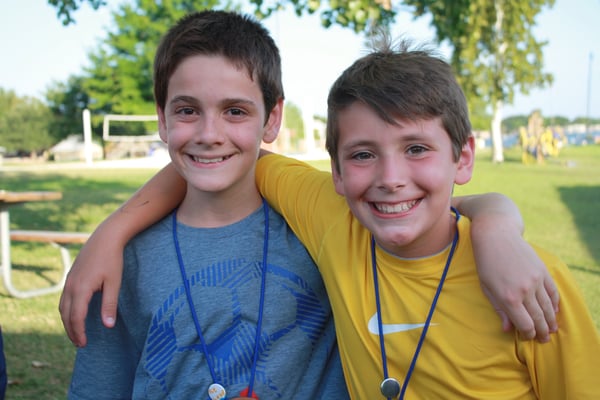
I have been intrigued with the work of Dr. Laurie Santos. She teaches a course on Happiness (or Well-Being or Fulfillment – pick your term) at Yale. When she first offered it, it instantly became the most popular class there.
She is engaging, wise and unassuming. If you get a chance, it is worth checking out her work.
“But Steve Sir, I am a person with many responsibilities and commitments. While I would love to learn more, I lack the time to chase this down. Can you please give me a short and overly-simple summary that might be of some use to me?”
Wow. I am so flattered you asked. I would be happy to do so. I will share three tidbits of wisdom. They all share one thing in common: they are counter to many people’s intuition.
[Note: she is not thrilled with the term “happiness”. It sounds kinda simplistic, even childlike. She wishes we could all agree on a term that means a feeling of well-being, contentment and fulfillment. But since happiness is what most people use (heck, it is in the Preamble to the Constitution), so that is what she uses, too.]
Personal Social Connections Make Us Happier
Not only do our friends and family make us feel happier, but so do pleasant interactions with strangers. Rather than check your emails on your phone while checking out groceries at HEB, talk with the clerk. When we can travel normally again, chat with a barista, a waiter or even someone in an elevator.
Our minds tell us that this will be awkward or that we need to get the emails on our phone out of the way, but we are wrong. The research on this is pretty clear – more interaction makes us feel better.
She admits to being an introvert, but the research has pushed her to expand her social habits.
During shelter-in-place, we can apply this principle by finding times to videochat with friends and relatives. Videochat is important because we are meant to see expressions, hear vocal intonation, and observe body language. Once we are past COVID, then we can chat with people in elevators and Ubers, again.
Giving Is Better Than Getting
A fellow researcher did an odd experiment. She would give strangers money and ask them to either spend it on themselves or spend it on someone else. She conducted a brief interview when she gave the money and then followed up with them later. She found two things:
- People overwhelmingly believe that they will be happier if the money were spent on themselves rather than someone else and
- The people who spent on others reported higher happiness.
Again, our instincts are wrong here. A great short-cut to happiness is to help others.
We Overestimate Future Satisfaction and Future Pain
Put simply, we are bad at estimating our future happiness. We overestimate how much a future positive event will please us (a dream vacation, a promotion, acceptance into a dream school) and how much a future challenge will create displeasure or pain (a romantic break-up, a job transition, an entrepreneurial failure).
The great stuff makes us happier at first, but then we move to a “new baseline” that takes it for granted. The opposite is also true: the scary stuff is not as bad as we think it will be. I know this was true for me. I always feared failure, so I avoided learning to waterski or snow ski until Susie Ma’am made me do both in my late 20’s. I now love both.
Dr. Santos’ advice is that we should take more risks and embrace more uncertainty. The potential struggles are not as bad as we fear and the comfort of stability not as fulfilling.
I find this last bit of advice the most helpful.
We are in really scary and uncertain times. We know that we will experience some true challenges, potentially even tragedies. But they will not be as bad as we fear. And we will emerge on the other side with a new appreciation for the simpler pleasures.
Or, at least, I certainly plan to.
Steve Sir


